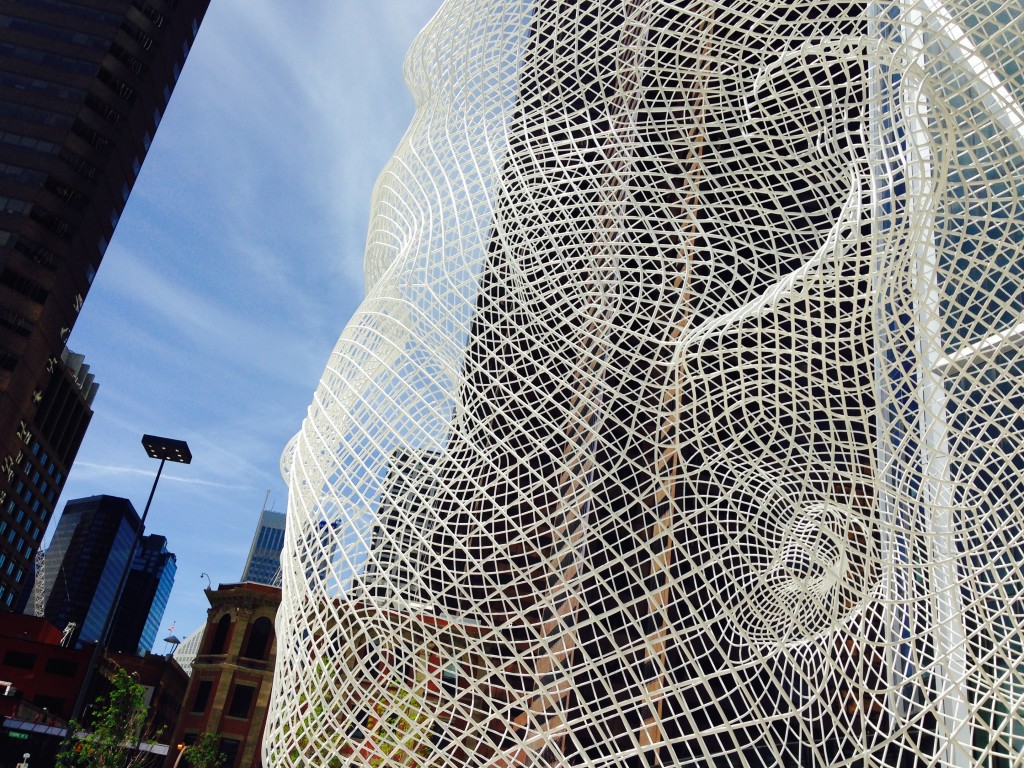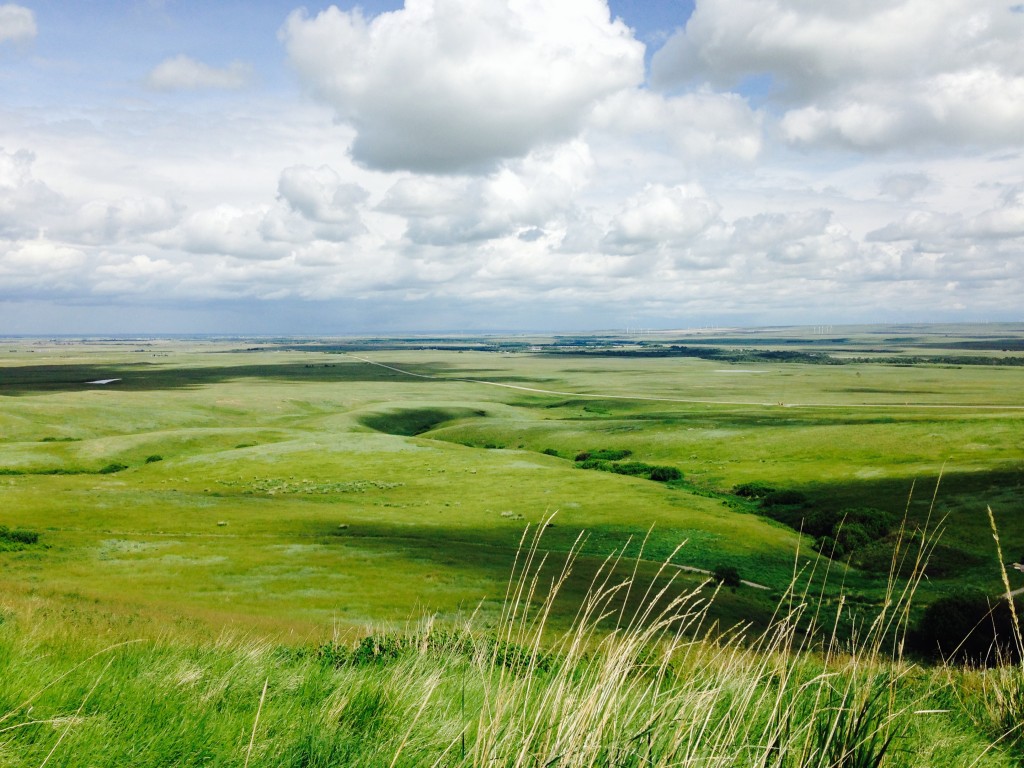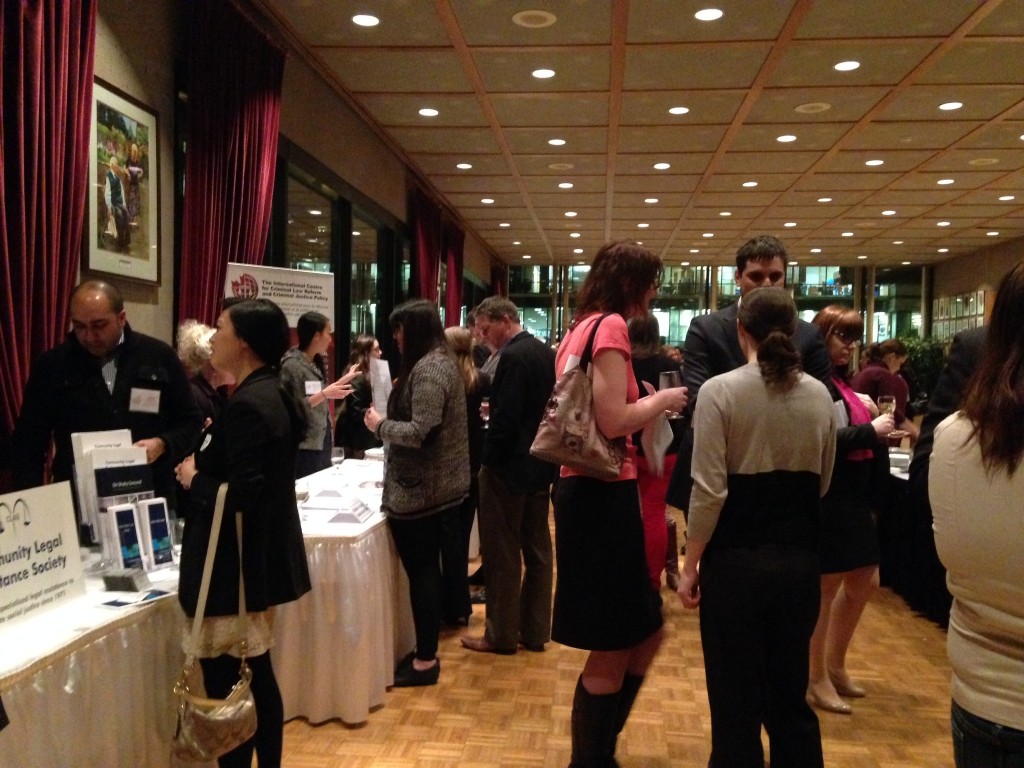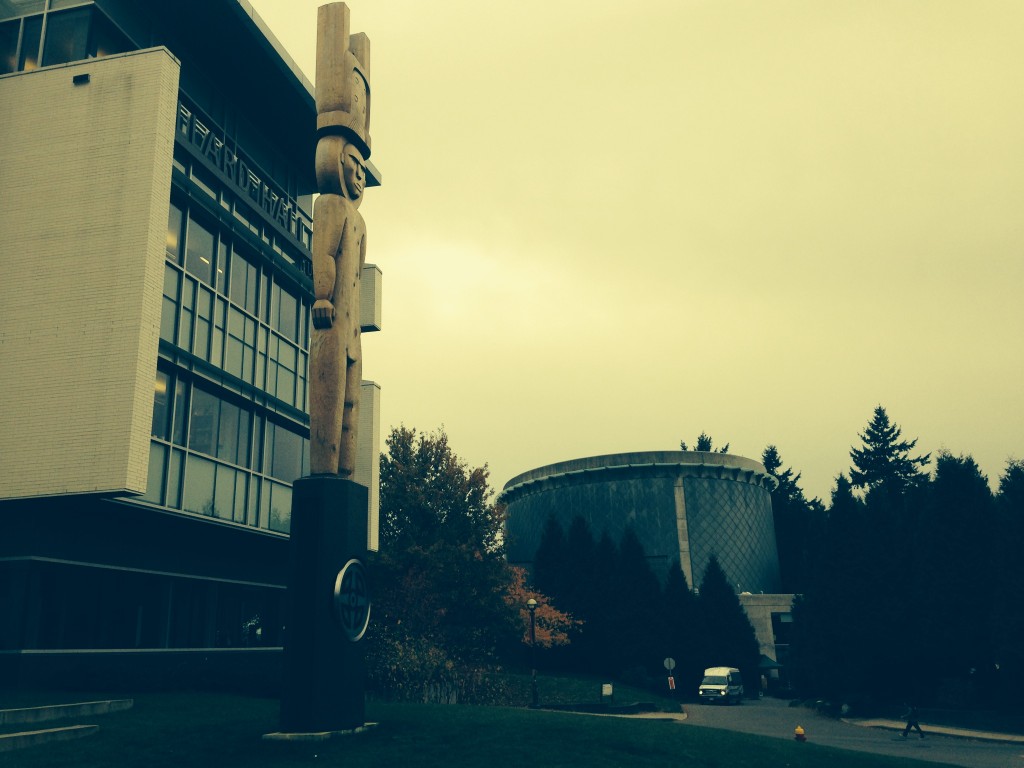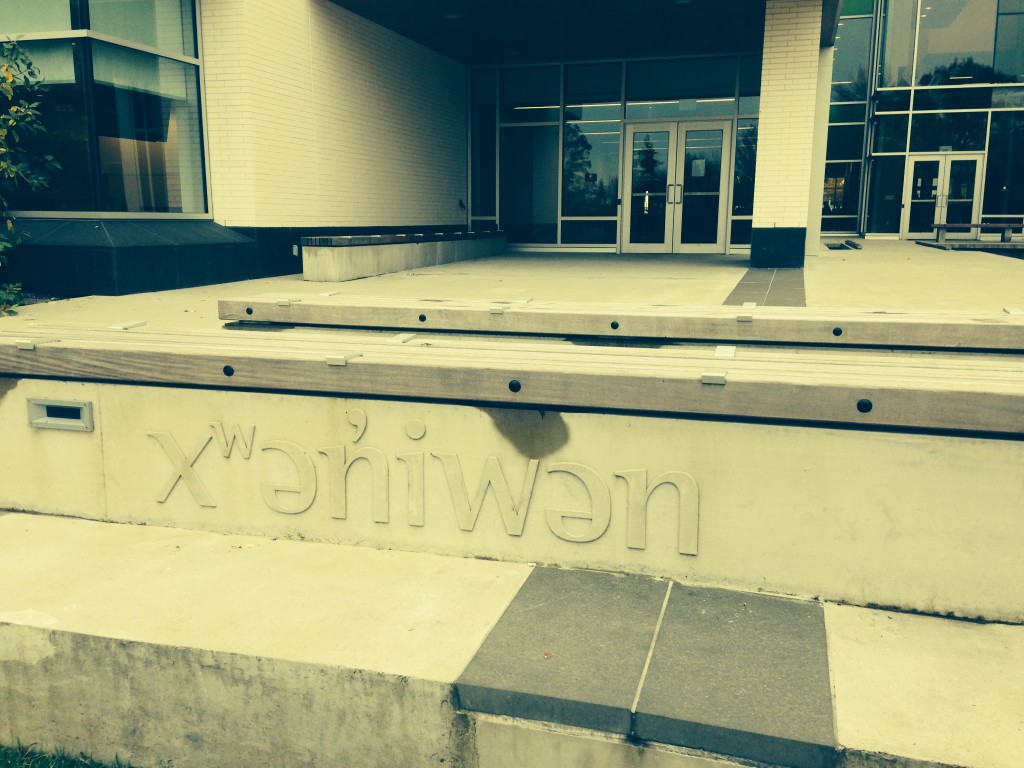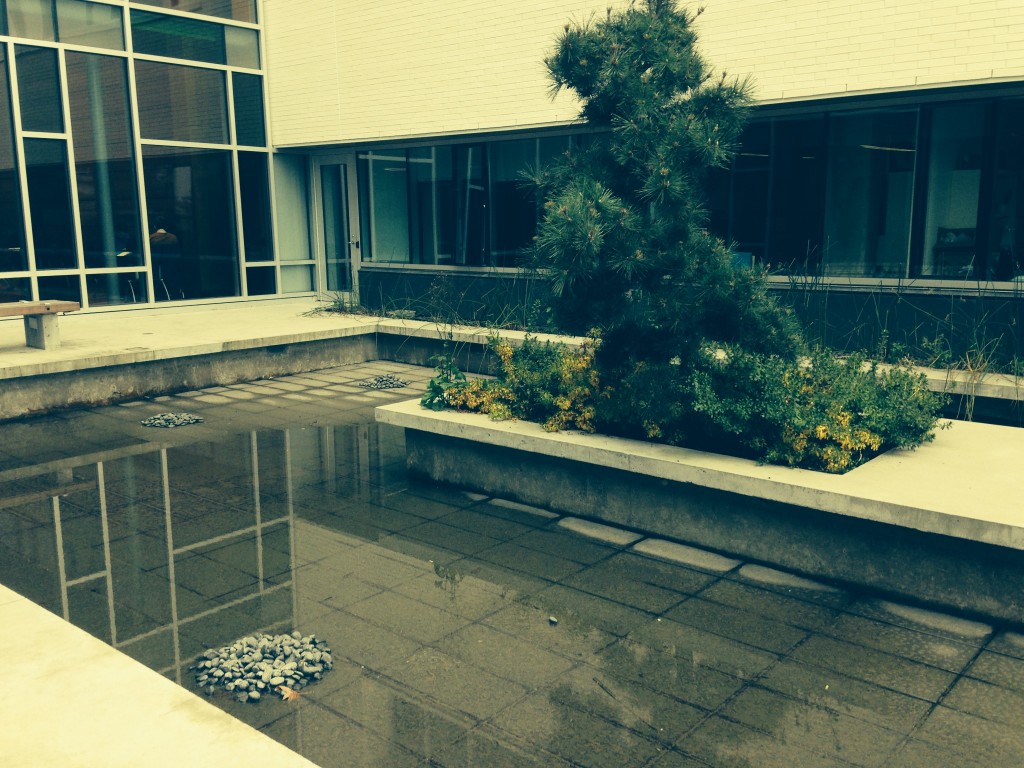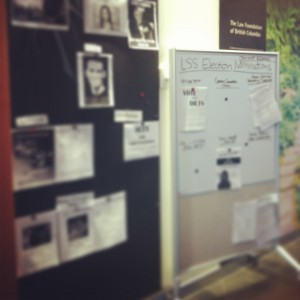Another law student has previously blogged about being a judicial intern with the UBC Law Externship Program (here), but I thought I would share my experiences as a student with the program this year. I should begin by saying that I second all the sentiments shared in the previous post.
The Externship Program provides law students with a rare opportunity to work with judges and to be immersed in the provincial court system. Students conduct research for judges and observe trials and. Even better, we receive course credit for the term (16 credits total).
I was placed at the provincial courthouse on Main Street, and rotated briefly through North Vancouver. This means that I had a lot of exposure to criminal and family law, as well as lawyers in action. Poverty, mental disability, and drug addiction, were all themes I observed as a regular courtroom watcher. As a result of the Externship, I am more aware of the reality of access to justice issues.
 A memorable experience of the Externship would be travelling on the circuit court to Haida Gwaii for a week to observe court operations in Queen Charlotte City and Masset. This visit was generously funded by the Law Foundation of British Columbia (yes, this means all expenses are covered!). On circuit, I had the opportunity to learn about justice in underserved communities. I became a temporary member of the circuit team, getting to know the judge, lawyers, clerks, and sheriffs, who work in smaller communities in B.C. This was really a once in a lifetime experience, with fantastic photo ops to boot.
A memorable experience of the Externship would be travelling on the circuit court to Haida Gwaii for a week to observe court operations in Queen Charlotte City and Masset. This visit was generously funded by the Law Foundation of British Columbia (yes, this means all expenses are covered!). On circuit, I had the opportunity to learn about justice in underserved communities. I became a temporary member of the circuit team, getting to know the judge, lawyers, clerks, and sheriffs, who work in smaller communities in B.C. This was really a once in a lifetime experience, with fantastic photo ops to boot.
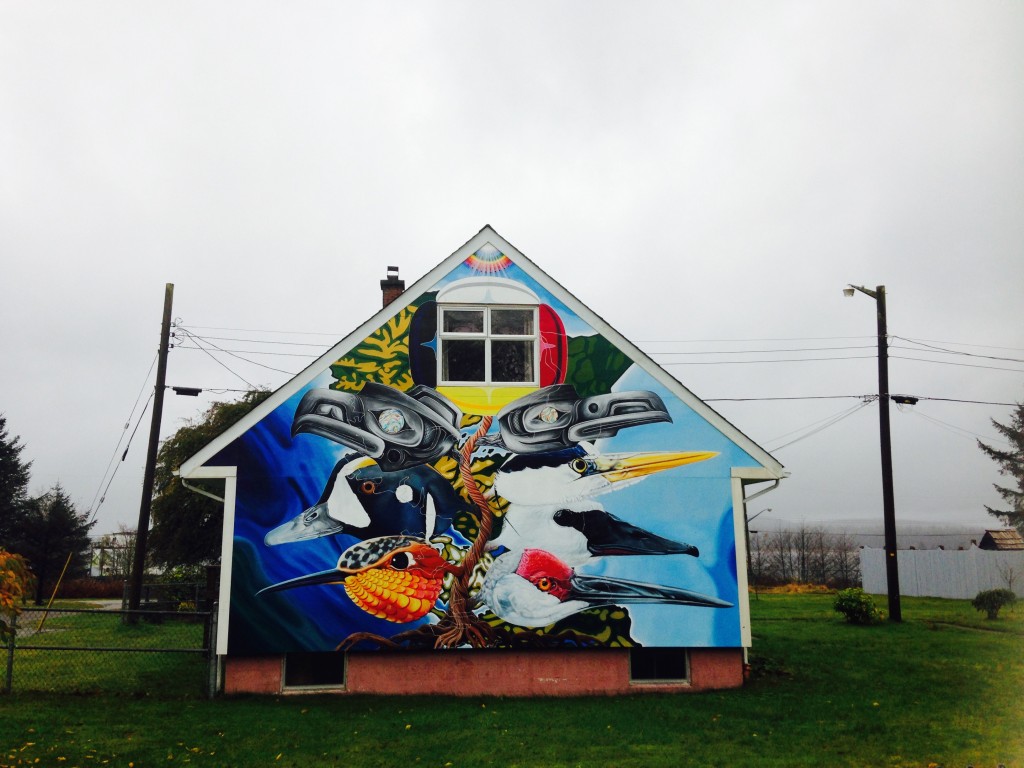 If you are curious about the Externship, the program director is Professor Judith Mosoff who can be reached at mosoff@law.ubc.ca. Last year, the application deadline for second-year students was March 1, 2014 (the information for this year has not yet been released). Of course, I would be happy to answer questions as well 🙂
If you are curious about the Externship, the program director is Professor Judith Mosoff who can be reached at mosoff@law.ubc.ca. Last year, the application deadline for second-year students was March 1, 2014 (the information for this year has not yet been released). Of course, I would be happy to answer questions as well 🙂
Thanks for reading!
Beverly
